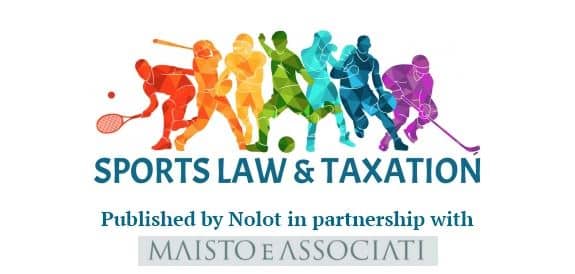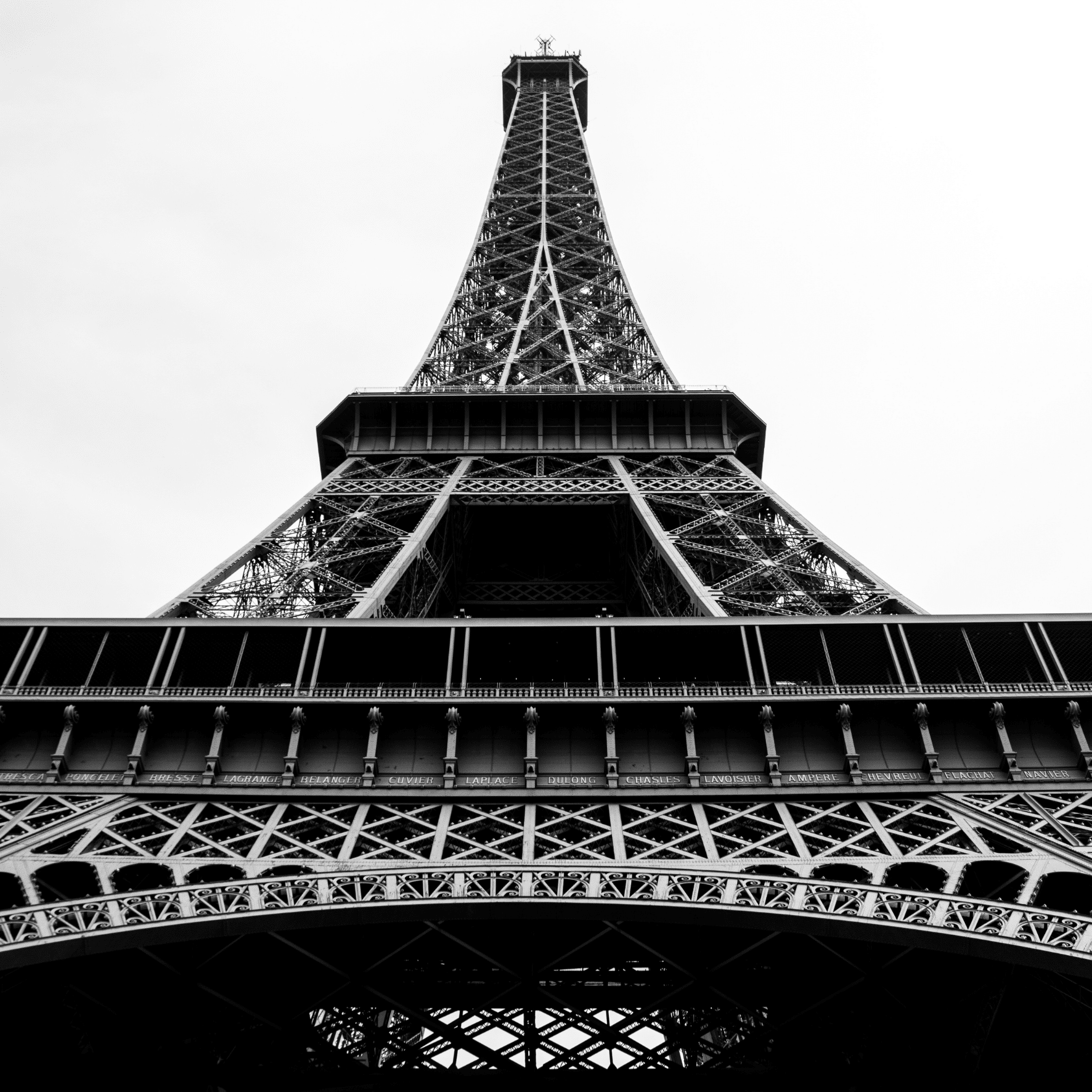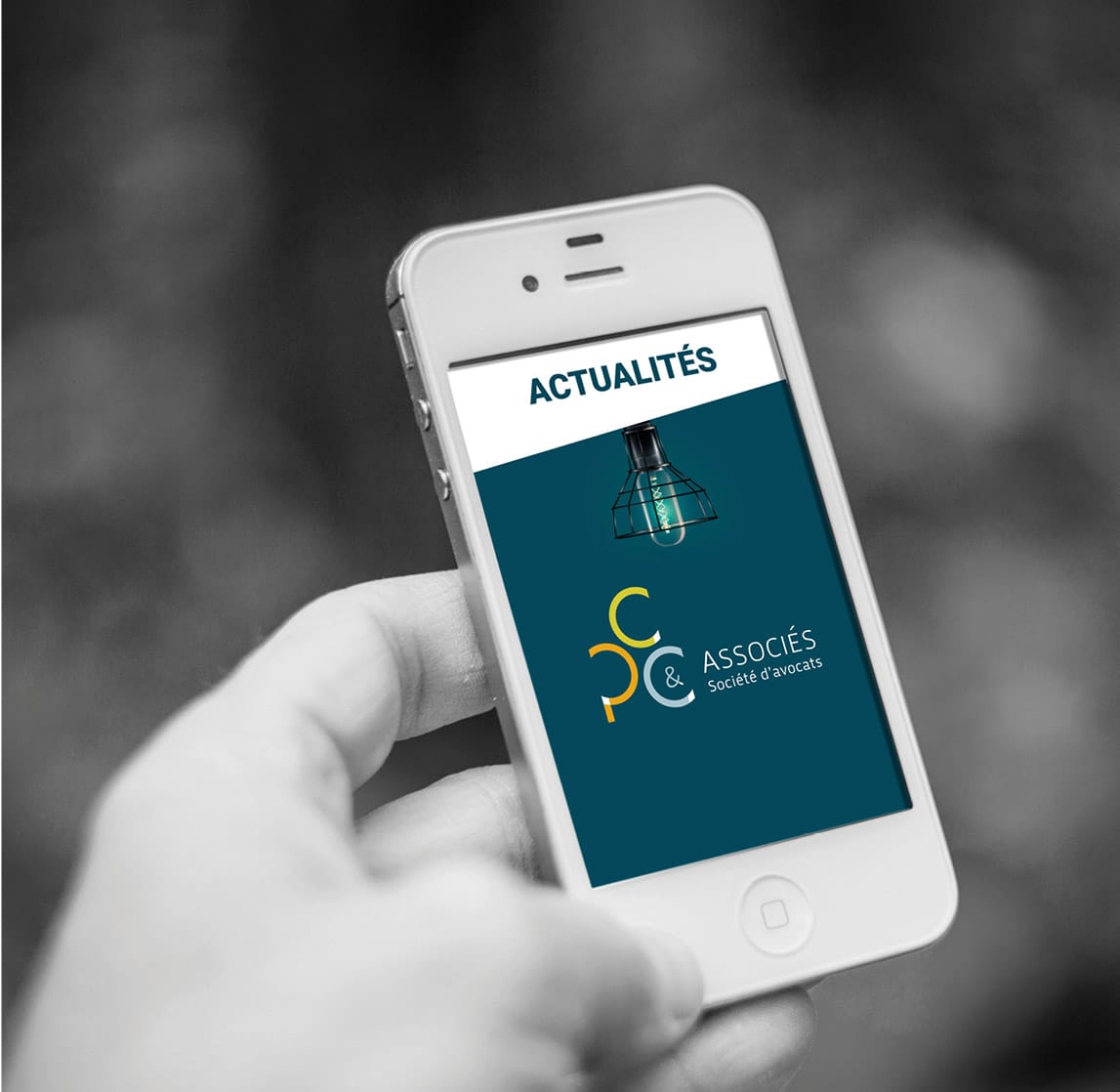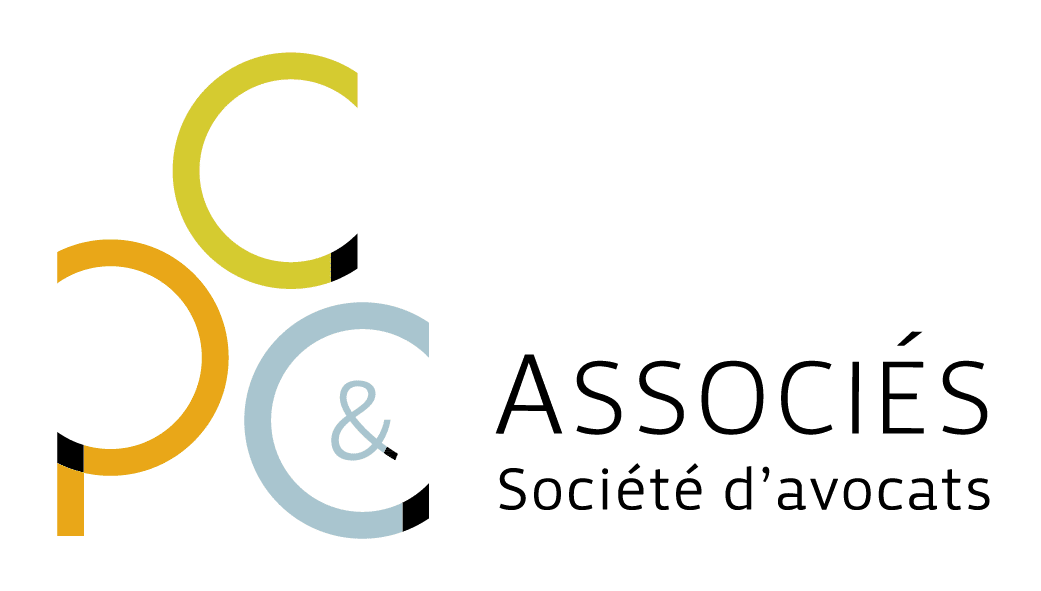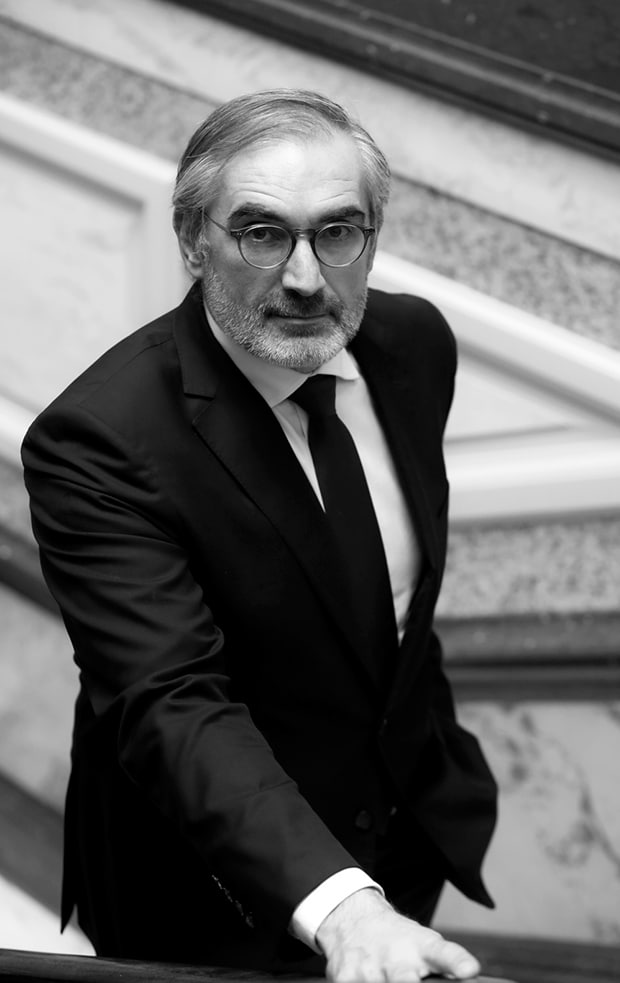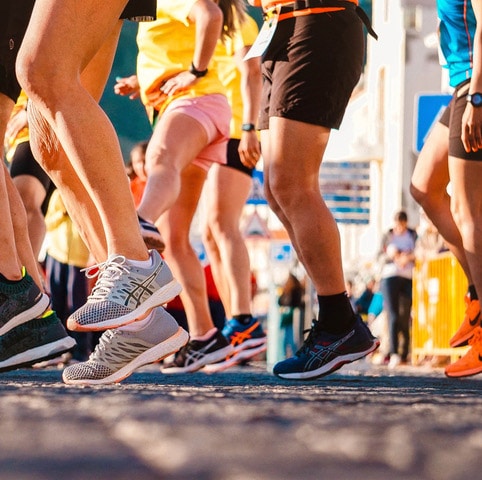
Lapse of the trademark – CA Nancy September 29, 2020
The decision of the Nancy Court of Appeal of September 29, 2020 brings the end of the game for the sports and cultural activities of the trademark “L’EQUIPE”.
This decision refines, after a partial cassation, the contours of the forfeiture drawn from article L.714-5 of the Intellectual Property Code. The judges explain in particular that the pronouncement of this one can only be assessed according to the case. The aforementioned article specifies that “the owner of the trademark who, without just cause, has not made serious use of it, for the goods or services for which the trademark is registered, for an uninterrupted period of five years shall forfeit his rights.”
In this case, the owner of the trademark “L’EQUIPE”, the company with the eponymous name, designating goods and services in classes 16, 25, 28, 38 and 41, is opposed to the owner of the trademark “EQUIP’SPORT”, the company Sport Co & Marquage, designating goods and services in classes 25, 28 and 41.
As a reminder, in the first instance the TGI of Strasbourg had pronounced, in 2014, the revocation of the trademark “L’EQUIPE” in class 41. According to the international classification, this corresponds to education, training, entertainment, sports and cultural activities.
Subsequently, this decision had been confirmed, in 2017, by the Court of Appeal of Colmar. In addition, this Court of Appeal did not declare the lapse only on class 41; classes 25 and 28 were also covered.
Then by a decision of March 27, 2019, the Court of Cassation partially overturned the decision of the Court of Appeal of Colmar, only insofar as it declared the revocation of the mark in class 41. Indeed, the High Court criticizes the first appeal judges for having limited themselves to simply stating that – “without indicating the reasons why” – the public could not distinguish this sporting event from another of the same kind.
It was in these circumstances that the Court of Cassation referred this dispute to the Nancy appellate judges.
The central question in this case was never whether the trademark “L’EQUIPE” is a reputed trademark, there is no doubt about it! It was necessary to characterize the use that was made of it. The use of the trademark must be studied in the light of the case in question. Let us recall that, according to article L.714-5 CPI, use is considered as use when it is made with the consent of the trademark owner, i.e. by a licensee.
Consequently, the debate does not place itself either on the fact of knowing if the mark “EQUIP’SPORT” disturbs the company L’Equipe of the enjoyment of its mark. The judges then questioned the use made by the owner of its trademark. This was a point that the first appeal judges had considered, only they had not explained their reasoning sufficiently.
In this case, in order to promote its trademark, the company l’Equipe decided to conclude a contract with the company of the same group, Amaury Sport Organisation (ASO). The latter created and developed a foot race, called the “10km de L’EQUIPE”. The question posed to the Court of Appeal was the following: Did ASO and “L’EQUIPE” enter into a trademark license agreement or a sponsorship agreement? The answer to this question allowed the judges to decide whether or not to revoke the class 41 trademark.
Indeed, the judges in Nancy decided to rely on the notion of trademark license. They even defined this contract, which “authorizes the licensee to use the trademark to develop a commercial activity among those mentioned in the registration in exchange for the payment by the licensee of a royalty generally calculated according to the percentage of the turnover realized by the licensee. The trademark is thus exploited by an authorized third party for at least one of the goods or services covered as specified in the contract. “In the context of such an agreement, the owner of the trademark grants an authorization to exploit it in exchange for the payment of a royalty. This differs from the sponsorship contract, in which the owner will finance the organization of an event, in return for which he will be authorized to affix his trademark.
In the dispute pending before the Court of Appeal, the latter held that “L’EQUIPE” was not used to designate a sporting activity, but to promote its own brand for media products through an advertising operation. The objective of this partnership was to promote its brand to the general public.
To justify its reasoning, the Court of Appeal drew a parallel with the insurance and banking sector. It noted that when a “bank, an insurance company or a sports equipment manufacturer sponsors a sporting event organized by a third party, it is clear that these companies are carrying out an advertising operation intended to promote their own products and services and not a sporting activity. “Thus, since the advertising operation is intended to promote its own services or products, and not a sporting activity as such, it would not be qualified under class 41.
This time, the judges of the Nancy Court of Appeal provided the missing justification and indicated that in the presence of a sponsorship contract, and not a license contract, the company did not intend to promote a sporting activity. It clearly demonstrates its desire to carry out an advertising operation related to its activities, in this case press and media. Consequently, the lapse of the mark in class 41 was pronounced. In particular, because the 5-year uninterrupted period of non-use had been reached.
However, this solution raises questions.
While it is true that the main purpose of a sponsor of a sporting event is to use the event as a vehicle for promoting its trademark (and, consequently, the goods and services designated by the trademark), the presence of the trademark at the sponsored event may constitute “use”. In other words, when BNP PARIBAS displays its logo at Roland Garros, it is certainly an advertising operation for banking and financial services, but how can one deny the use that is made of it with respect to the tennis tournament?
We agree that this is not a trademark license and that the money flows in the opposite direction (the sponsor remunerating the organizer of the sporting event rather than the licensee remunerating the licensor), but these financial issues must remain unrelated to the use of the trademark, which is the only relevant issue with respect to the revocation.
Asim Singh Associé chez CPC & Associés et
Jean-Baptiste Bertrand stagiaire chez CPC & Associés
More
articles
EXPERTISE AND SERVICES
CONTACT DETAILS
- CPC & Associés
- 9, rue Boissy d'Anglas
- 75008 Paris
- Tél: + 33 (0) 1 43 12 79 79
- Contact
- Access
- Recruitment

